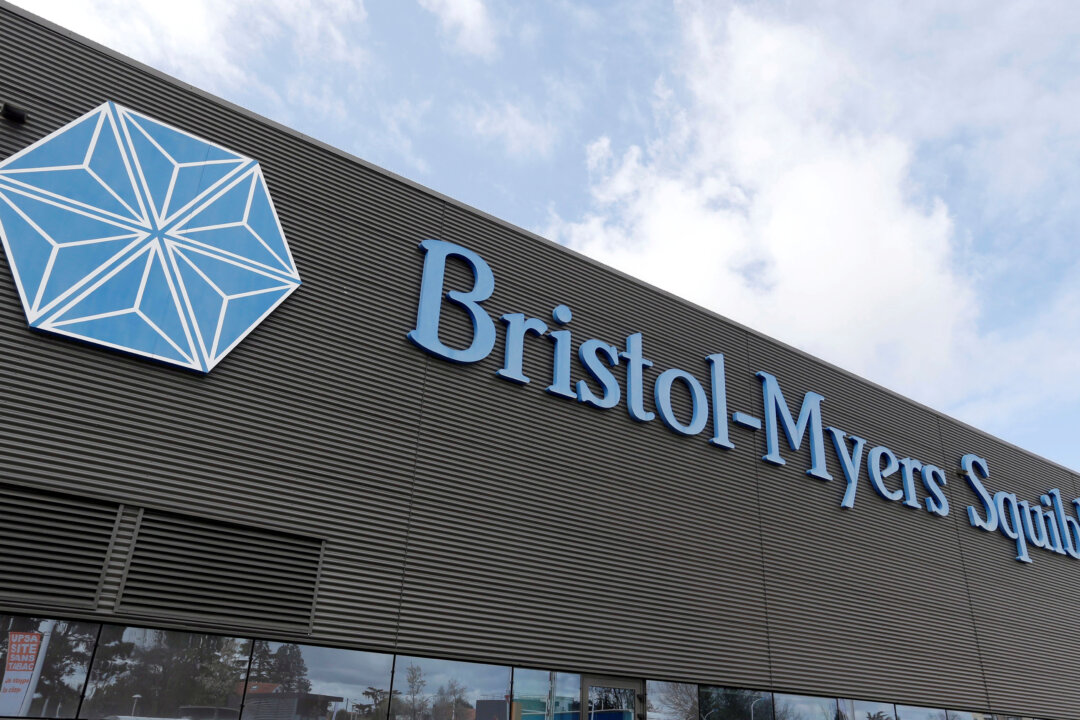President Donald Trump has issued a stringent 60-day ultimatum to the world’s leading pharmaceutical industry companies, demanding immediate implementation of “Most Favored Nation” drug pricing to combat exorbitant prescription drug costs for American consumers.
This bold directive, conveyed through explicit letters to 17 major drug manufacturers, including several international entities, signals a resolute commitment to leveraging every available tool to shield American families from what he deems persistent and abusive drug pricing practices, central to his healthcare policy.
Fulfilling a key campaign pledge, Donald Trump formalized this initiative with an executive order on May 12, explicitly urging pharmaceutical firms to extend their lowest global prices for a specified range of prescription drugs to the United States market, a significant move in US politics.
The urgency of this mandate is underscored by striking data: prescription drug prices in the United States are notably higher than in any other developed nation, often exceeding double the average cost, with disparities even more pronounced for high-cost specialty medications, according to a recent Department of Health and Human Services report, highlighting a critical healthcare policy challenge.
Despite initial appeals for voluntary compliance, Donald Trump expressed frustration with the pharmaceutical industry’s response, characterizing it as a deflection of blame and demands for substantial financial “handouts” rather than concrete action. He asserted that moving forward, only a firm commitment to immediate price relief for American families and an end to perceived exploitation of U.S. innovation would be acceptable, a firm stance in US politics.
The core of the “Most Favored Nation” concept stems from the observation that many countries with centralized healthcare systems possess the leverage to negotiate and effectively dictate drug pricing, resulting in significantly lower costs abroad—a stark contrast to the less regulated U.S. market and its implications for prescription drugs.
Pharmaceutical industry representatives, like Stephen J. Ubl of PhRMA, acknowledge the high U.S. prices but attribute them to factors such as pharmacy benefit managers and supply chain opacity, while simultaneously warning that aggressive price reductions could jeopardize vital research and development, potentially slowing the creation of new, life-saving medications. This healthcare policy specifically targets federal payments through Medicare and Medicaid, building on the 2022 Medicare Drug Price Negotiation Program.
This existing program, which currently covers a limited number of Medicare Part D medications with lower prices set to take effect in January, is supported by advocacy groups such as Patients for Affordable Healthcare. They cite Congressional Budget Office data, asserting that such negotiations have minimal negative impact on R&D, projecting only a negligible reduction in new prescription drug approvals over decades.
Despite the significant implications of these developments for drug pricing and healthcare policy, direct responses from many of the implicated pharmaceutical industry companies remained elusive, with some, like Eli Lilly, deferring comment to industry associations, highlighting the ongoing tension and complex negotiations surrounding these critical reforms in US politics.






Leave a Reply